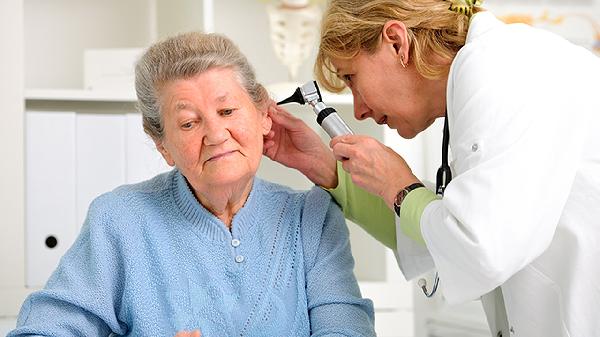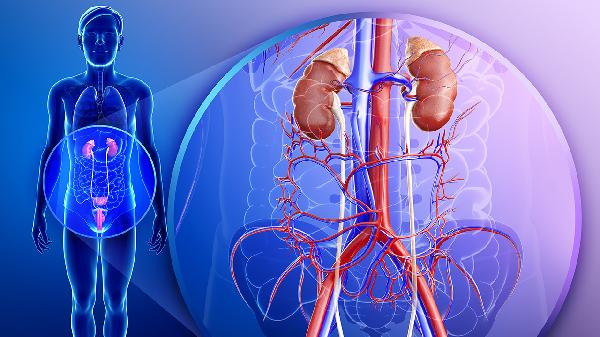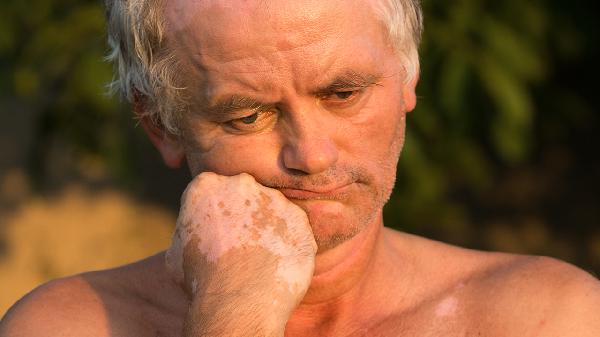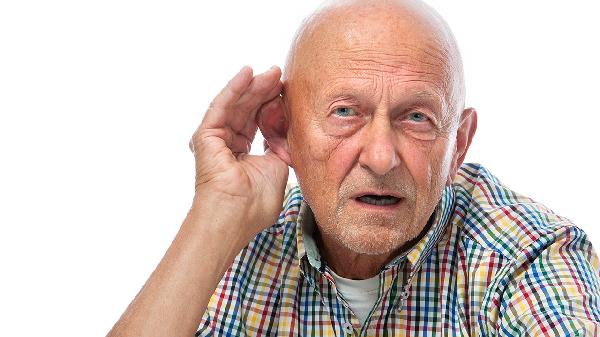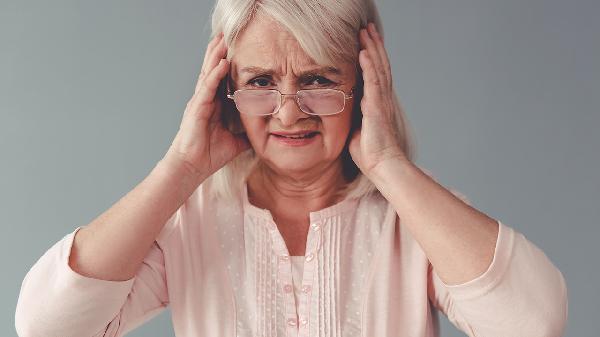Elderly individuals suffering from mania primarily exhibit symptoms such as irritability, emotional volatility, increased speech, and decreased sleep quality. Some patients may also experience memory decline, emotional apathy, and other symptoms, which can cause certain physical harm. After developing mania, it is crucial to detect the condition early and promptly use sedatives to help improve the symptoms.
Mania is usually caused by prolonged periods of stress and anxiety, which stimulate the body and lead to abnormal brain activity, often accompanied by memory decline, decreased sleep quality, and a cold facial expression. Additionally, a person's mental state may change, such as increased speech and irritability, leading to outbursts over minor issues in daily life. If they suffer setbacks in relationships or life, they may also lash out for no reason.
Patients can take anti-anxiety medications under a doctor's guidance, which have significant sedative effects. At the same time, family members should communicate more with the elderly and help them overcome their struggles. If necessary, psychological counseling can also be chosen as a way to improve their condition.
